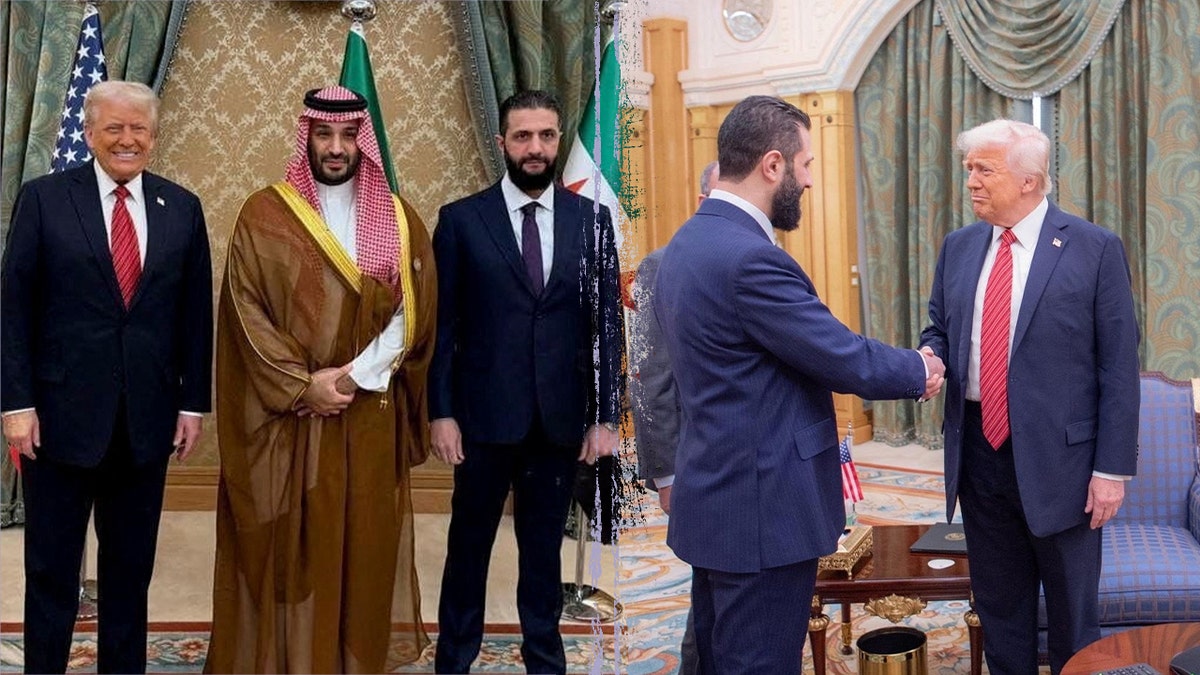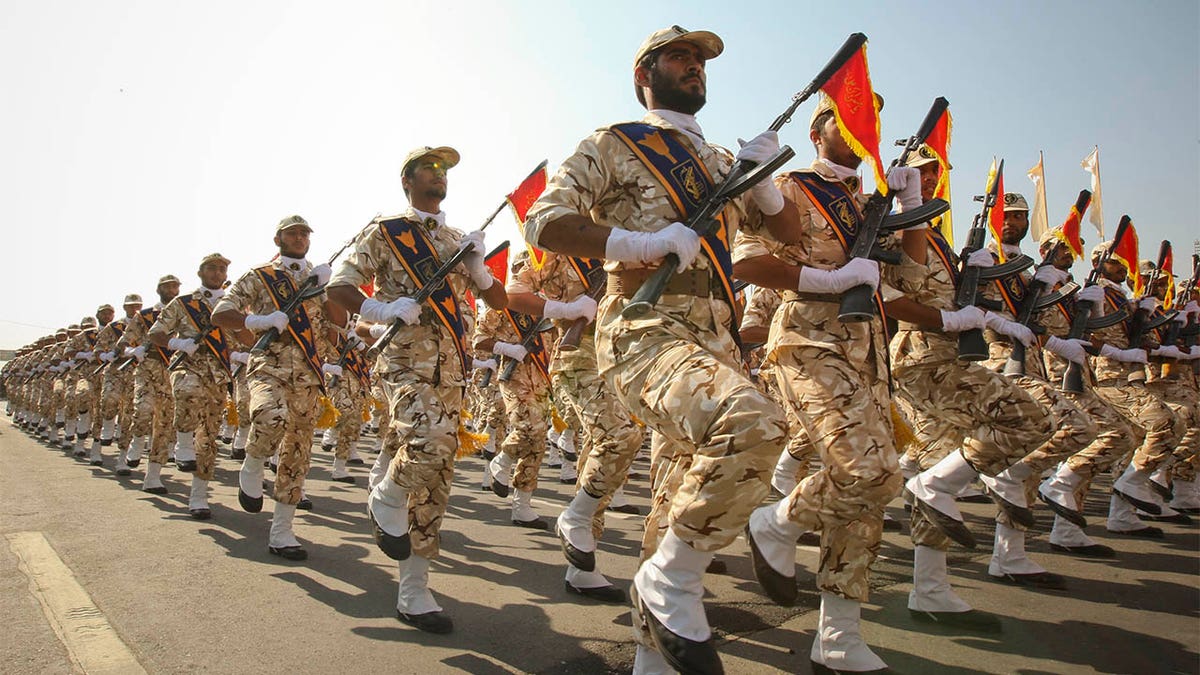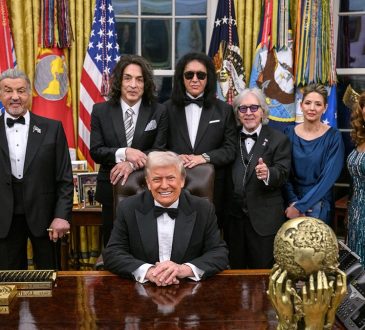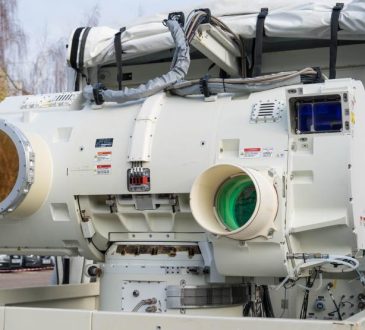
In a significant shift in US foreign policy, President Donald Trump has announced the normalization of relations with Syria, lifting decades-old sanctions and becoming the first American president to meet with the leader of the Middle Eastern nation in 25 years. This move is seen as a strategic attempt to deter Iranian influence in the region and promote regional stability. According to Behnam Ben Taleblu, Iran expert and senior fellow with the Foundation for Defense of Democracies, this decision is a “high-risk, high-reward gamble” that could prevent Syria from being a launching pad for Iranian malign activity.

A New Era for Syria?
The sanctions relief, which was followed by an EU order to lift sanctions, aims to give Syria a chance to recover and encourage the country to normalize diplomatic ties with Israel. However, Syrian President Ahmed al-Sharaa, who is also the leader of Hay’at Tahrir al-Sham (HTS), a former al-Qaeda affiliate, has not officially agreed to pursue diplomatic ties with Jerusalem. The Trump administration’s move has also raised concerns about the potential for Iran to exploit vulnerable populations in Syria, particularly given the country’s fragile state and ongoing conflicts.
A Delicate Balance
While the Trump administration’s decision has the potential to promote regional stability and security, it also poses significant challenges. Secretary of State Marco Rubio has warned that Syria could be just weeks away from a potential collapse and full-scale civil war. To mitigate these risks, the US will need to press Damascus to address the sweeping concerns facing various groups across the country. As Ben Taleblu notes, “Tehran is going to be playing the long game,” and the US must be prepared to navigate the complex web of alliances and rivalries in the region.





